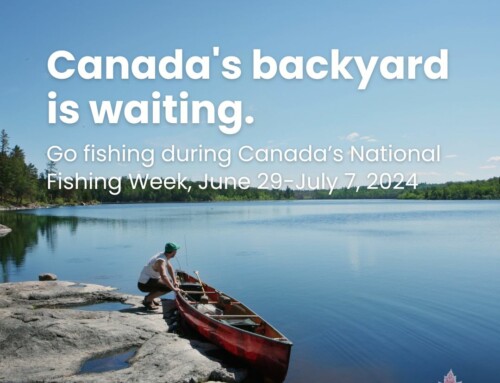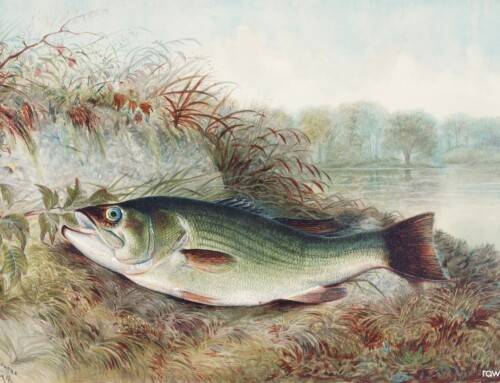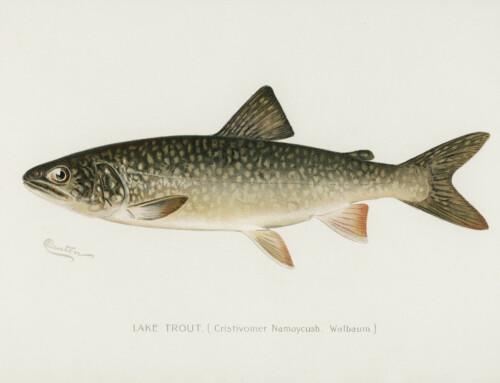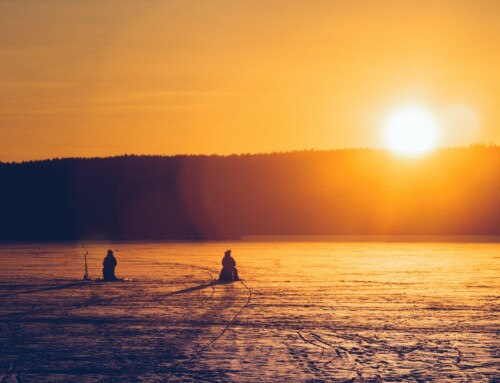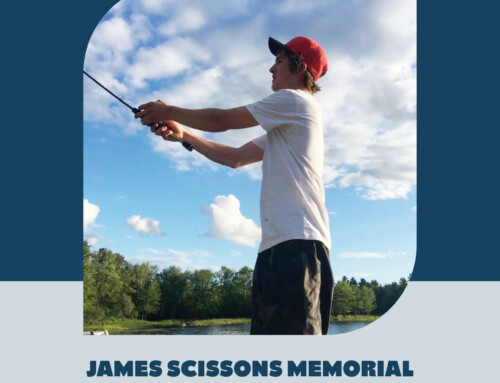Originally Published on North Shore News, June 24, 2015
Conservationists applaud new federal protection measures
By Jane Syrd
A group of rare ocean sea creatures that have been building massive underwater reefs in Howe Sound and Georgia Straight since the last ice age will be protected, under measures being put in place by the federal government.
Conservationists are applauding a move by the Department of Fisheries and Oceans to create 150-metre buffer zones around clusters of rare glass sponge reefs in south coast waters.
Sabine Jessen, national oceans program director at the Canadian Parks and Wilderness Society, said the move to ban bottom trawling and ground fishing near to nine glass-sponge reefs is welcome news to environmentalists who have been pushing for protection for the past 14 years.
The reefs under protection include a cluster near Passage Island off West Vancouver as well as near Defence Island in Howe Sound, plus others near to the Sunshine Coast, Nanaimo and Gulf Islands.
But Jessen added there are still other glass-sponge reefs in Howe Sound that need protection — including one near Lions Bay and another off Halkett Point on Gambier Island.
Protection of those reefs is especially important, she said, because there is a lot of potentially damaging activity — like prawn fishing and crabbing — taking place in those areas.
Nobody even knew the glass-sponge reefs existed until 2001, when scientists conducting sea floor mapping for the Geological Survey of Canada noticed images of some strange objects on the sea bottom and sent down cameras to investigate.
The reefs are created by sponges — which take dissolved silica in ocean water and use it to create glass skeletons that resemble coral reefs.
In some areas of the north coast, the glass-sponge reefs — which are usually found in deep water — can reach underwater heights equivalent to that of an eight-storey building. Glass sponges in that area are already protected.
The B.C. coast is the only place in the world where living glass-sponge reefs are known to exist, said Jessen.
The reefs are ecologically important because the sponges clean ocean water by feeding on bacteria. They also provide habitat for young rockfish and other animals.
But they are also extremely fragile and easily damaged.
“They have the consistency of meringue. If something hard touches them, they basically crumble,” said Jessen.
Ground fishing that stirs up sediment can also damage the sponges, which are filter feeders, by smothering them.
In 2013, Jessen was among a small group of conservationists who went in a submersible from North Vancouver’s Nuytco Research on an underwater expedition to reefs near Passage Island.
“You’re going down, down, down, and you don’t see anything,” she said. “All of a sudden, they’re there.”
Jessen said she hopes recreational fishermen will take note of the recent closures and exercise care when crabbing or fishing for prawns near the reefs.
She added her group is mulling developing an app that would show people on a map exactly where the glass-sponge buffer zones are located.
Photo courtesy of Bruce Kirkby



